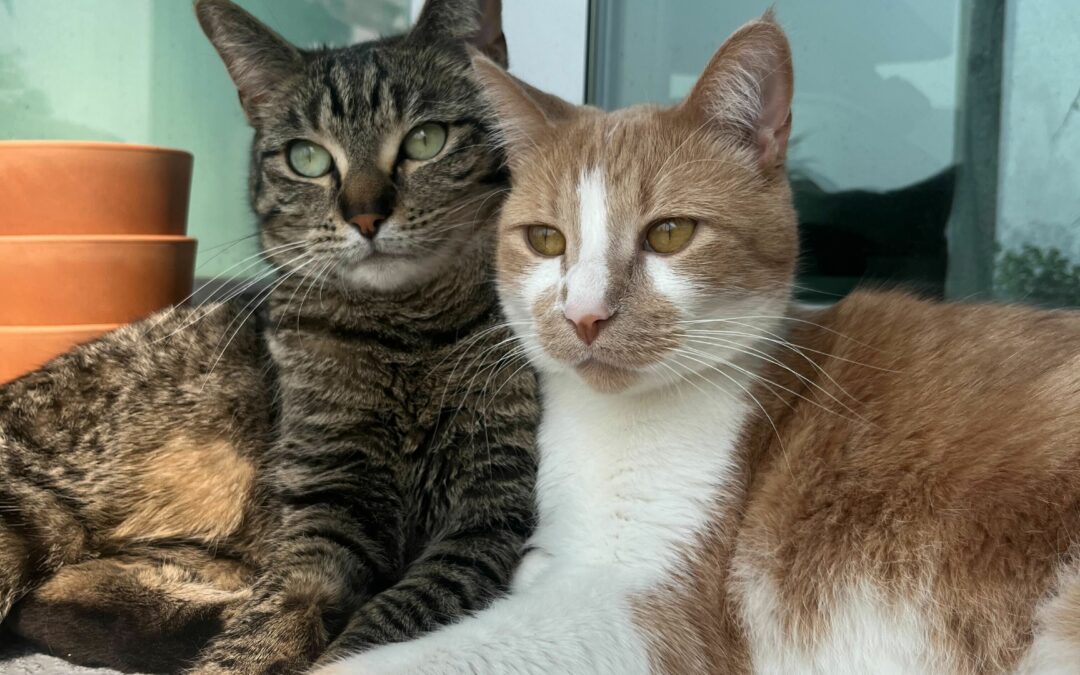Understanding Diabetes in Cats and Dogs
Many of the same diseases that affect humans can affect our animal companions too. Diabetes is a common endocrine disorder in both cats and dogs, and early detection is key to managing the disease effectively. As a pet owner, it’s important to recognize the signs, understand the causes, and explore treatment options to ensure your furry friend leads a happy and healthy life.
What is Diabetes?
Diabetes mellitus occurs when the body is unable to regulate blood sugar levels properly. This happens due to either a lack of insulin production (Type 1 diabetes) or insulin resistance (Type 2 diabetes). While dogs are more commonly diagnosed with Type 1 diabetes, cats are most often affected by Type 2.
Signs of Diabetes in Pets
Recognizing the symptoms early can help improve your pet’s quality of life. Common signs include:
- Increased thirst and urination
- Unexplained weight loss despite a good appetite
- Lethargy and weakness
- Cloudy eyes (more common in dogs)
- Poor coat condition (especially in cats)
If you notice any of these symptoms, consult your veterinarian for testing and diagnosis.
Risk Factors
Certain factors can increase a pet’s risk of developing diabetes, including:
- Obesity
- Age (middle-aged and older pets are more susceptible)
- Genetic predisposition
- Pancreatitis or other endocrine disorders
- Use of certain medications like steroids
Managing Diabetes
With proper management, diabetic pets can lead fulfilling lives. Treatment typically involves:
- Insulin Therapy: Most diabetic pets require daily insulin injections to regulate blood sugar. It is very important to remember that there are different types of insulins, and they are not interchangeable!
- Dietary Changes: A vet-recommended diet rich in fiber and low in carbohydrates can help control glucose levels.
- Regular Exercise: Keeping your pet active can help maintain a healthy weight and improve insulin sensitivity.
- Routine Monitoring: Regular veterinary check-ups and at-home blood sugar monitoring ensure effective disease management.
Conclusion
While diabetes in pets requires lifelong care, early detection and proper management can significantly improve their well-being. If you suspect your pet may have diabetes, schedule a veterinary visit as soon as possible. With the right care, diabetic cats and dogs can continue to enjoy a great quality of life.
Ticks Are Active!
Did you know that as soon as temperatures are above freezing during the day, ticks start to become active? Now that we have had several days with temperatures above freezing, it is important to be mindful of tick exposure. We had very little snow cover this winter which means ticks are even more likely to be active early in the season. Make sure that you are using a tick preventative for your pet!
Employee Spotlight: Lauren

Lauren is one of our veterinary assistants who joined St Francis in 2023. She is originally from Myrtle Beach, SC and graduated from the University of South Carolina in 2022 with her B.S. in Biological Sciences and the Spanish language. She is currently a second-year M.S. student at the U of M studying dairy cattle welfare and production. She aspires to become a mixed animal veterinarian. She has one cat, a precious British shorthair, Amelia, who fills her home with happiness and paw prints.
What is your favorite aspect of veterinary medicine?
I wholeheartedly enjoy being able to create connections with our clients and patients. Animals are not able to speak for themselves, and we can help directly advocate for their needs and ensure they have the utmost quality of life. We are able to help pets live their best lives and educate others on this importance. No pet is the same, and having unique cases always presents learning opportunities for everyone involved. I love that this field is filled with constant learning, improvement, and growth for the animals we care so much about.
What do you think is special about St. Francis?
I am extremely grateful for the entire team at St. Francis; they have given me the opportunity to learn more about the veterinary field and gain critical experience for me to be able to apply to veterinary school. Our clinic is committed to the health and wellbeing of every patient that steps through our doors, and I aspire to continue these sentiments through my career. The immense support we have for our clients, patients, and each other is hard to find anywhere else. I am fortunate to be surrounded by a team that never ceases to be filled with compassion, integrity, and dedication for this field.

